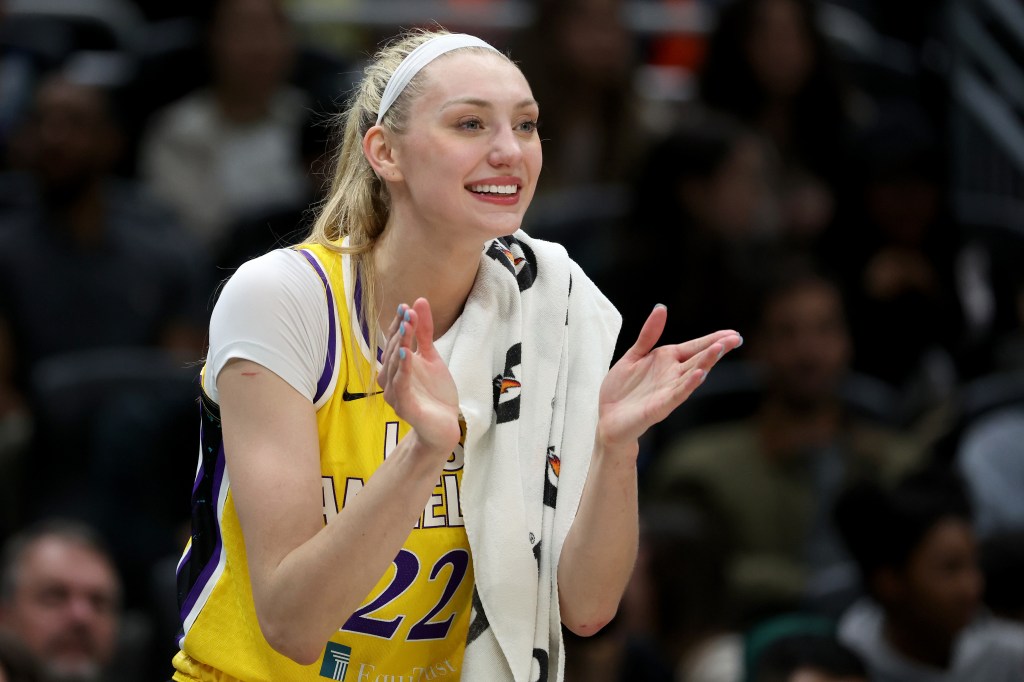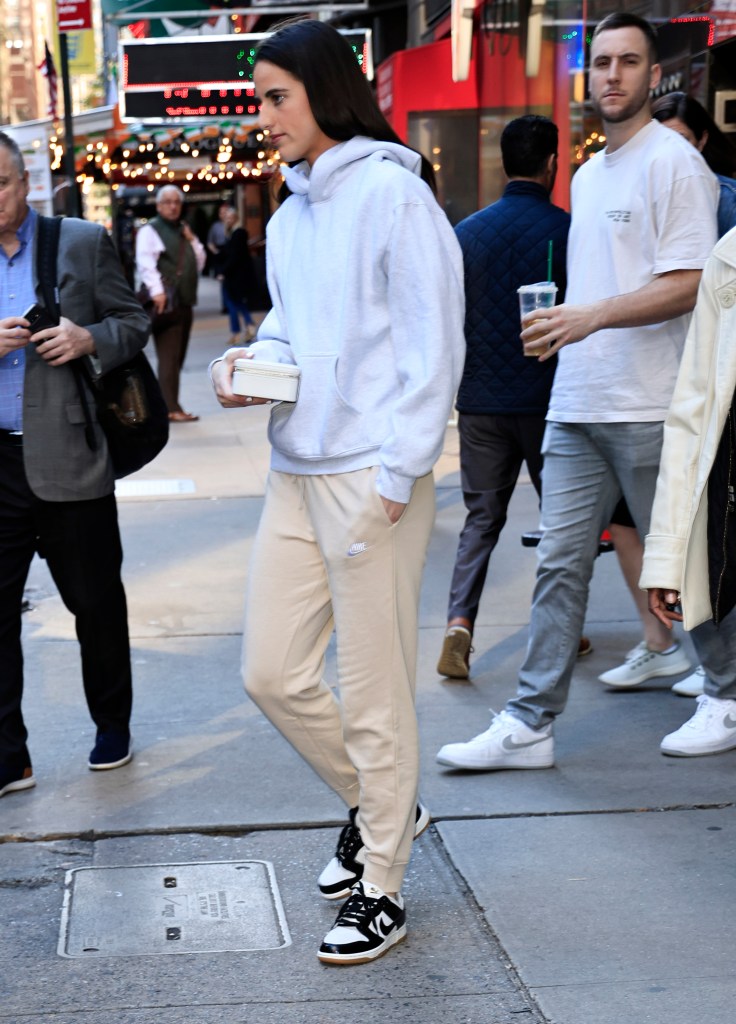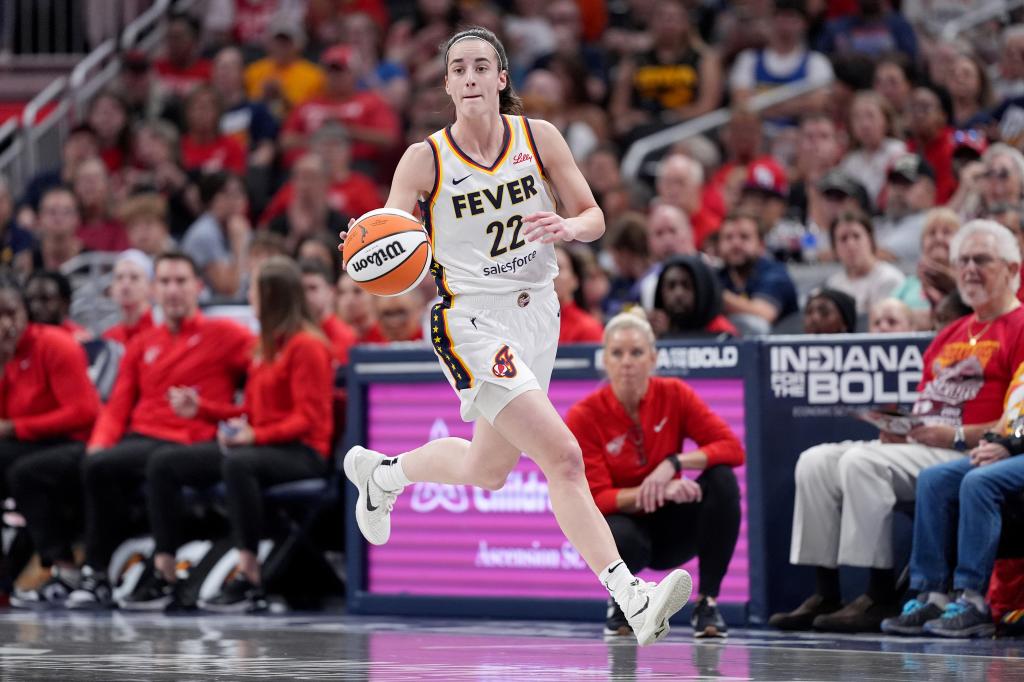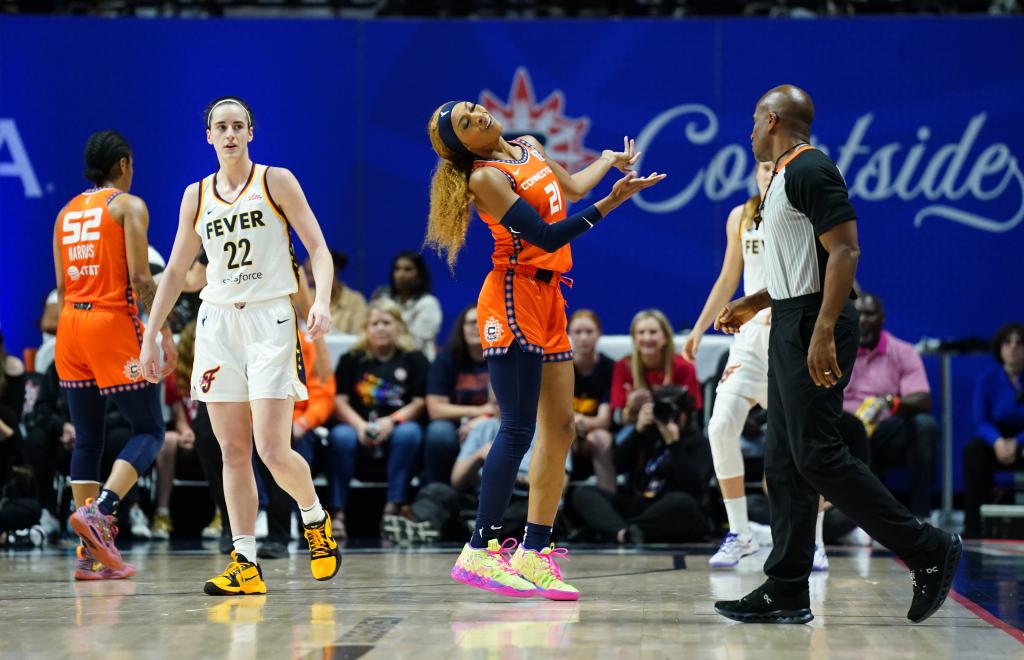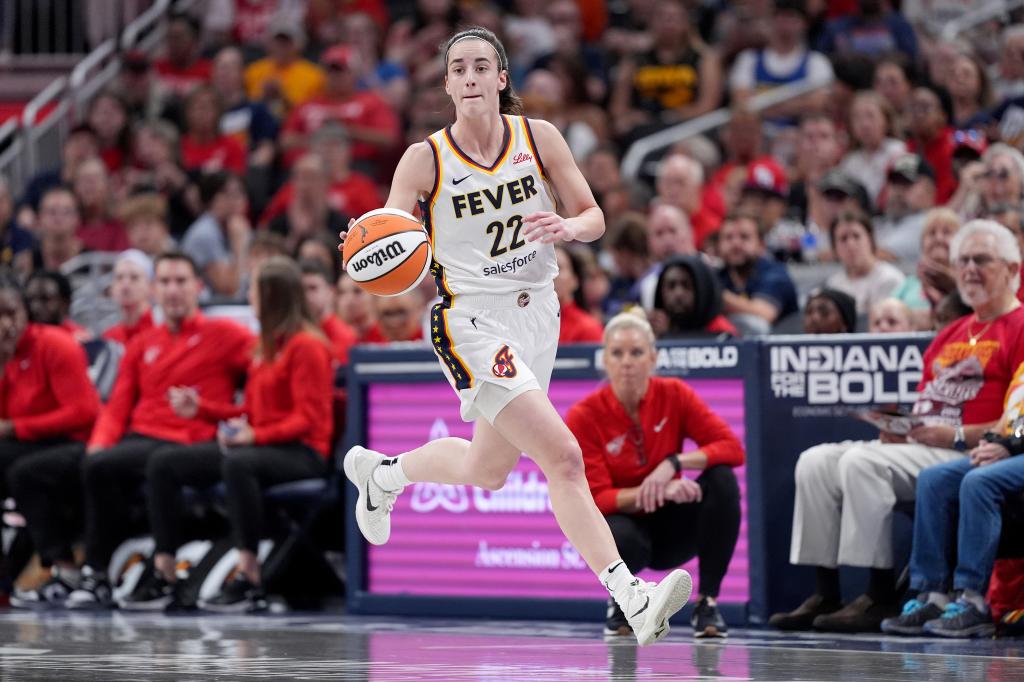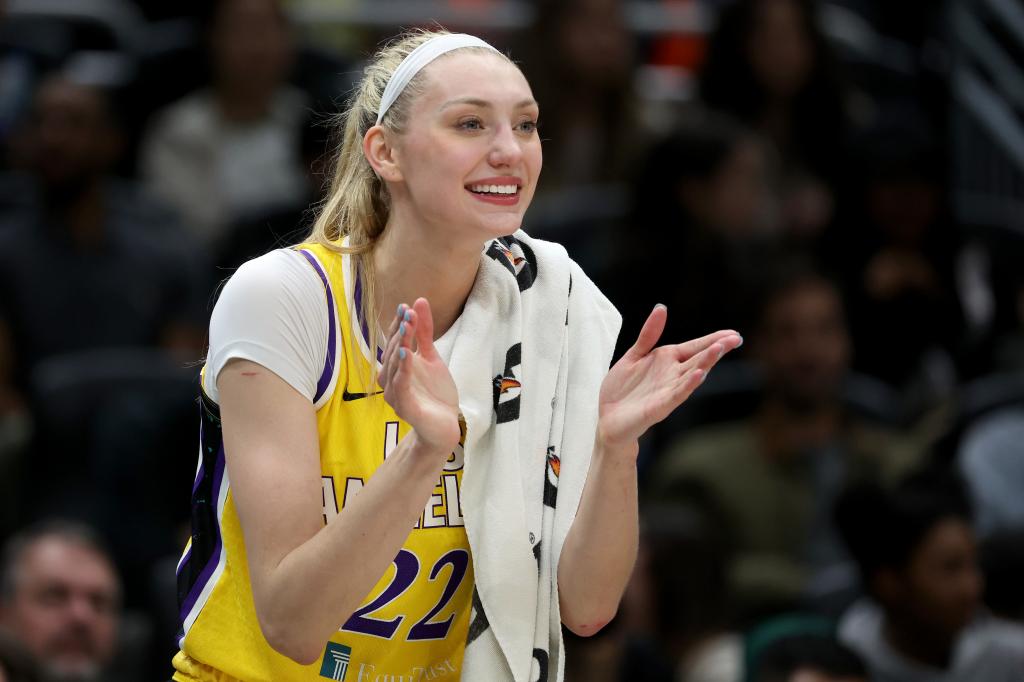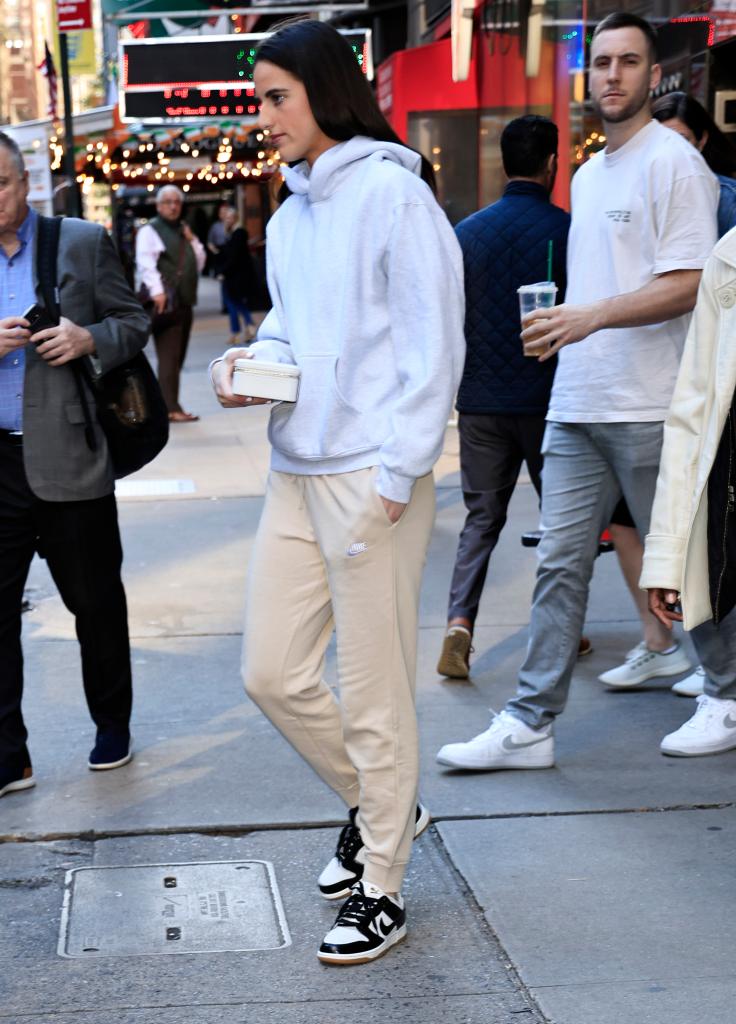The WNBA’s real problem with Caitlin Clark? She’s doesn’t genuflect over privilege
Contact The Author
Friday night’s WNBA game between the Indiana Fever and Atlanta Dream sold out quickly, with standing-only seats opened hours before to accommodate fans.
Last Sunday’s Fever versus Sky game, featuring the spicey rivalry between Caitlin Clark and Angel Reese, drew an average of 2.25 million views — the highest rated WNBA game in 23 years.
It’s all the more proof that the league is no longer small potatoes. The WNBA is now a main course, with new fans, new media attention and new social media engagement. Diversity, if you will.
But not everyone is happy.
As the WNBA’s star rises, it’s become evident why the league had trouble growing in the first place: A very narrow culture — supported by players, longtime fans and even the media — that is as much about progressive politics as it is about hoops.
These gatekeepers want only brand of basketball. The activist kind.
“Unfortunately for y’all new fans, we do not just ‘shut up and dribble’ here. Ya picked the wrong league,” Connecticut Sun guard DiJonai Carrington tweeted earlier this week. (Carrington, if you remember, mocked the Fever’s Caitlin Clark for flopping earlier in June and has happily leaned into the off-court drama ever since.)
Or take this sentiment by Subria Whitaker, who runs a nonprofit called “Grow the Game,” which allegedly aims to “increase awareness, attendance, engagement, and involvement in women’s sports.”
“I’m sorry — no shade. But there are just way too many men speaking on the W right now without any firsthand knowledge of how intersectionality works and the other layers of presentation, sexuality, the male gaze, etc. Please stop,” Subria Whitaker wrote earlier this week on X.
Intersectionality is a bogus, poisonous and divisive concept that rejects the idea of humanity and meritocracy — a bedrock of sports. But the idea is baked into the WNBA and other women’s pro leagues.
And if someone doesn’t want to abide by it, they’re apparently not welcome.
So how do you expect to expand — and ask for more viewers and higher salaries — when you demand ideological purity from the fan base and media? You simply cannot have it all on your terms.
What WNBA gatekeepers don’t seem to get is that this is a big part of why so many people are drawn to Caitlin Clark: She stays above the fray. She does want to shut up and dribble.
Sure, Clark is white and straight in a predominantly black and gay league. But the real issue is that she, unlike, say, fellow rookie Cameron Brink, hasn’t genuflected to the WNBA’s ultra-progressive politics and given a public soliloquy on her privilege.
The 22-year-old phenom only wants to bend a knee to the hoop gods — and drown out any and all noise.
She’s been extremely consistent in that endeavor, not giving oxygen to any off-court provocation. As media figures and other players have openly reduced her success and appeal to “white privilege,” she’s never responded.
Nor has she said an unkind word about anyone in the league, even when the Sky’s Chennedy Carter hip checked her while seemingly calling her a bitch or mocked her on social media. At every turn, the former Iowa star has acknowledged the superstars who came before her.
Before the Fever game a reporter asked Clark how she feels about being used in the “culture war.” She essentially told a reporter that she doesn’t pay attention. Her job is to play hoops.
That led to backlash online and from other players including Carrington, who invoked intersectionality by writing on X, “Silence is a luxury.” Asked again later that same day, Clark acquiesced when asked a more pointed question.
“I think everybody in our world deserves to have the same amount of respect,” Clark told The Athletic. “The women in our league deserve the same amount of respect. So, people should not be using my name to push those agendas. It’s disappointing, it’s not acceptable.”
It was not a societal kumbaya. Nothing changed. It was even criticized as “damage control.” Despite her many talents, Clark cannot snap her fingers and make mean discourse — or opinions that don’t toe the league line — disappear.
Clark is the outlier the WNBA needed to move the needle with a broader audience; her unique style of play has brought explosive growth that no one could have imagined. And a well deserved spotlight onto the other players. Do we really need her to do crowd control too?
If basketball really must be identity-driven, then let’s respect Clark’s identity as a no-nonsense, keep-it-on-the-court baller.




